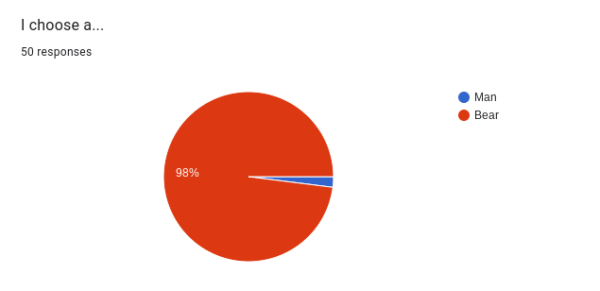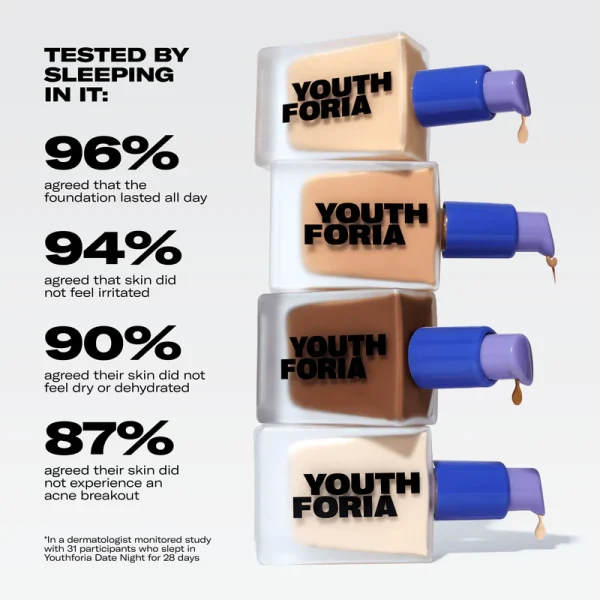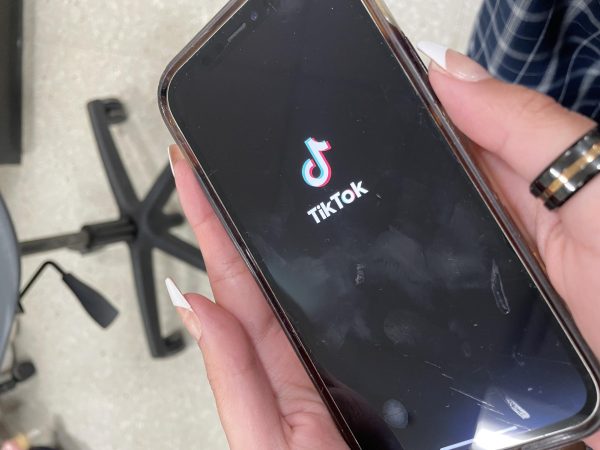New South Korean President
October 17, 2017
After South Korean president Geun Hye Park was impeached, the subsequent election, held on May 9th 2017, elected Jae In Moon as the next president. Park was a part of the conservative party, and her scandal regarding corruption resulted in many South Koreans supporting the democratic party. Although Moon gained popularity through his election pledge, which promised increasing the minimal wage and percent employment, many of his promises lack practicality.
Moon’s election pledge states that he will create 810,000 more jobs is impossible. According to a study conducted in Korea, the percent of unemployment increased 9.2% from 2013 to 2017, making Moon’s goals difficult to accomplish. In addition, Moon has not provided any details about how he will fulfill his election pledge. Instead of outlining a specific plan, he is only making empty promises.
Andrew Merritt, a government teacher, believes Moon’s promises are possible if the South Korean government is willing to accommodate change. “If the [Korean] government wants to raise minimum wage and provide more welfare, it can cut spending on defense,” Merritt said. He thinks the usefulness of Moon’s election pledge, however, will depend on relationship with North Korea.
While it is important to provide basic necessity to those in need, the South Korean government’s financial status makes this difficult. Currently, the government has a 500 billion dollars debt, and the number continues to grow.
Only the top 60% of the population pays taxes while the bottom 40% does not have to, which make it harder to provide welfare and increase minimum wage.
Even if Moon can increase minimum wage, employers will not want to hire as many people as now. Though the president’s intentions may be good, his promises are not practical in the real world.










